Visit us in San Francisco
Academic standards. Pioneering research. Personalized care. Start your journey at the UCSF Center for Reproductive Health, located in Northern California's San Francisco Bay Area.
At the UCSF Center for Reproductive Health, part of caring for our patients with the latest treatments and technologies is conducting the research that leads to new treatments. Reproductive Endocrinology and Immunology research exists in order to create healthy communities and advance reproductive health.
We study many different aspects of reproductive health, including fertility, hormonal imbalances, fertility preservation, reproductive health management and the transition into menopause. Our patients make this possible by volunteering to participate in clinical research projects. Participation in research is voluntary and confidential.
The CLeAR study is investigating markers of inflammation and reproductive health. Inflammation may influence human fertility and we would like to know more about these factors and evaluate the impact of these markers on various stages of reproduction. Participants will be asked for a short blood draw and follicular fluid collection (typically discarded during IVF) during their retrieval procedure.
You may be eligible if you are: female, aged 18-43 years old, and undergoing in vitro fertilization (IVF) treatment

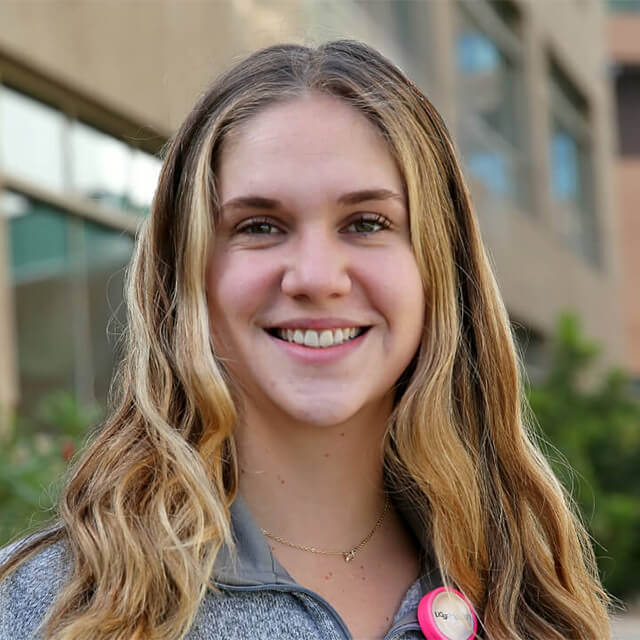
Women have variable amounts of estrogen produced from the growing follicles that circulates in their blood as they undergo ovarian stimulation. Higher studies suggest this difference may be related to how women metabolize estrogen. This matters because it effects how much hormone goes in circulation and may have implications on how effective medications are, as well as how many medication side effects women feel. Our goal will be to determine, if metabolize difference are present, and if so, to learn why these differences ocur.
You may be eligible if you are: Female, 18 years or older, and undergoing ovarian stimulation for elective oocyte cryopreservation or in vitro fertilization.


One of the most common fertility treatments is intrauterine insemination (IUI). Sperm is typically prepared for IUI with density gradient centrifugation, though this technique can damage the genetic material in sperm. Studies of sperm prepared with a newer process using the FDA-approved Zymot Multi sperm preparation device have shown a 67% higher pregnancy rate (an increase from 9% to 15%), less DNA damage, higher sperm motility (movement/speed), and better morphology (shape).
The purpose of this randomized controlled trial is to figure out which sperm preparation yields a higher pregnancy rate – density gradient centrifugation compared to the Zymot Multi sperm preparation device.
You may be eligible if you are: planning your first intrauterine insemination cycle and are not using a frozen sperm source
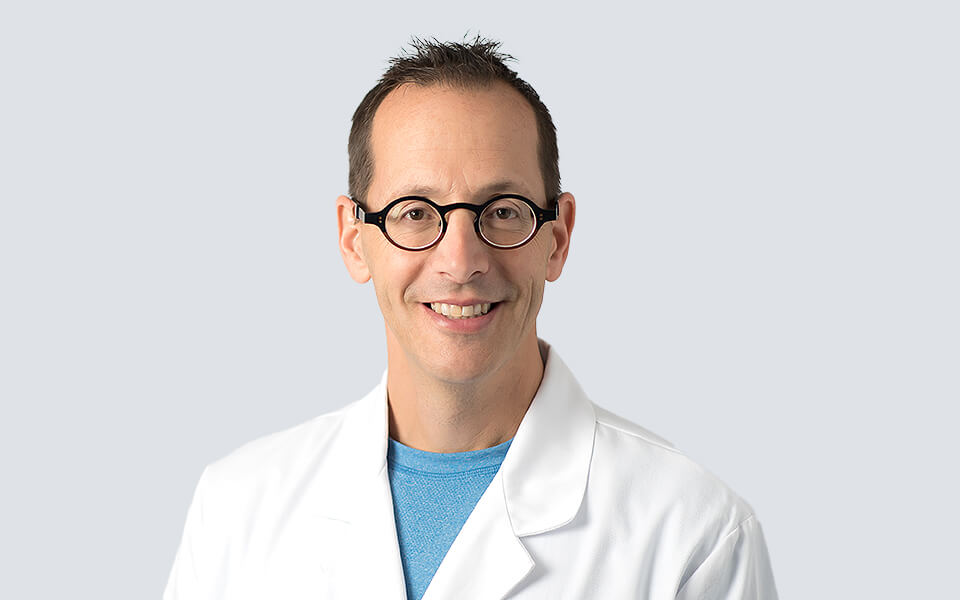
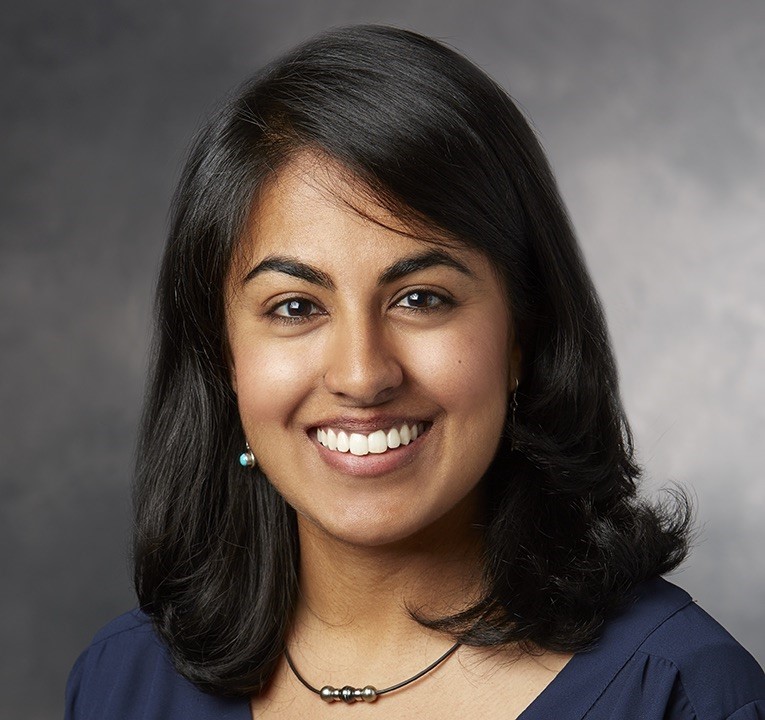
The REST-UP Study is about restoring metabolic and reproductive health with sleep in individuals with Polycystic Ovary Syndrome. This study specifically aims to investigate why some people with obstructive sleep apnea have higher levels of insulin resistance. Study investigators will also examine the role of hypoxia (low levels of oxygen in the blood at night) in insulin resistance. Participation in this study includes an overnight visit at the UCSF Sleep Center in Mission Bay or a 1-hour visit with a sleep technician to teach you how to set up polysomnography equipment at home for a night.


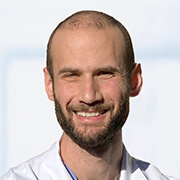
The purpose of the PCOG BRACE study is to understand if PCOS is associated with alterations in cognitive function. The study also aims to investigate if cognitive functioning is related to insulin resistance in PCOS. Participation will involve one visit, and the participant will complete an online cognitive test on an iPad in a private room. These tests will include instruments designed to assess reasoning, memory, attention, and the use of language, and the interview will take approximately 1 hour.


This study is evaluating the effects of specific diets on the regulation of menstrual cycles in PCOS patients to help improve fertility treatments for women with PCOS. Participants will follow a paleolithic-type diet or a health ADA-recommended diet to see if either one can help regulate menstrual cycles. Participation will be supported by visits with a diet coach, social media activity, and teleconferences with investigators.
Additional information about the PCOS Paleo Diet study can be found at the following websites:
You may be eligible if you are: female (or assigned female at birth), aged 18-40, and diagnosed with PCOS

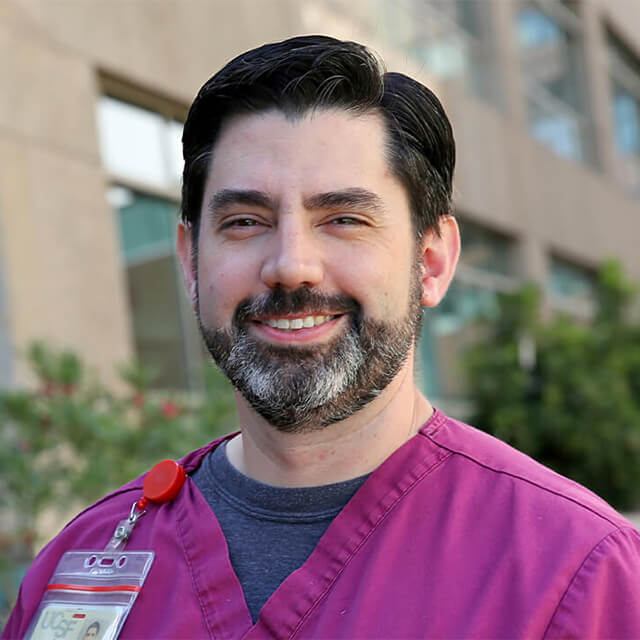

For more information or additional PCOS related studies, please visit our PCOS clinic website.
The purpose of this study is to explore the relationship between genetic and environmental factors that may explain PCOS. We will use information collected during visits to our PCOS clinic and the family history of PCOS patients to learn about the causes and effects of PCOS.
You may be eligible if you are: female (or assigned female at birth), aged 18 years or older, and diagnosed with PCOS


For more information or additional PCOS related studies, please visit our PCOS clinic website.
The objective of the study is to provide evidence for the safety and effectiveness of the May Health System in transvaginal ablation of ovarian tissue under transvaginal ultrasound guidance to restore ovulation in women with infertility due to polycystic ovary syndrome (PCOS) who have not responded to first-line ovulation induction treatment or are contraindicated for or decline such treatment.
Women diagnosed with PCOS-related infertility and meeting the REBALANCE Study’s entry criteria may be eligible. Key entry criteria are women who:

Currently, there are few studies (and none in the United States) that seek to describe the impact of expanding fertility services on the transgender community and their quality of life. The GEAR study will be one of the first of its kind to explore the impact of fertility options on quality of life among transgender, non-binary, and non-conforming people.
You may be eligible if you are: you identify as transgender or gender non-binary, and aged 18 years or older

Our goal with the HOPE project is to Harness multiple Opportunities for Pregnancy loss Exploration.
In the United States, millions of women get pregnant and have successful pregnancies every year.
Unfortunately, miscarriage also occurs in 8-20% of clinically recognized pregnancies. Many miscarriages can occur due to large chromosomal abnormalities. These abnormalities can be recognized and mitigated with the increasing use of preimplantation genetic testing and genetic counseling of at-risk parents. However, even with these considerations, around 50% of potentially normal embryos do not result in a clinical pregnancy.
Sponsored by the National Institute of Health, this multi-site study aims to use novel approaches to find explanations of pregnancy loss and learn how we can predict future pregnancy outcomes.
You may be eligible if you are: older than 15 years old, affected by pregnancy loss of unknown causes, and willing to donate samples for research.

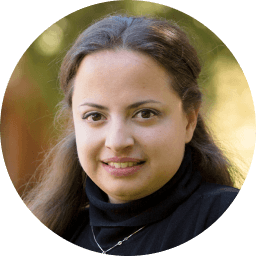
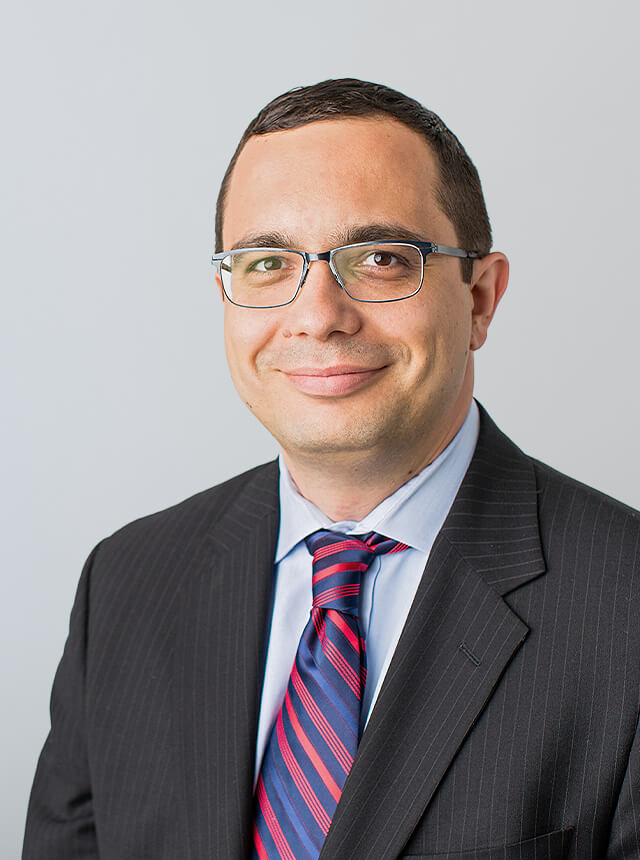


Goal: To learn more about the relationship between oxidative stress levels (from our diet, environmental toxins, and normal metabolic processes) in both parents and how this could affect embryo and pregnancy health.
Step 1: Enrollment
If you think you are eligible and want to participate, speak with your primary doctor. You may also be contacted by one of the UCSF Fellows
Step 2:
Go through your IVF cycle as planned. There will be a blood draw for both partners on the day of the egg retrieval
Step 3: Retrieval
We will collect follicular fluid (which is normally discarded) to test for oxidative stress levels within the ovary
If you do not have insurance coverage for pre-implantation genetic testing for aneuploidy (PGT-A), the cost of the PGT-A testing will be covered by the study and will be offered free of charge!
Email us at roar@ucsf.edu

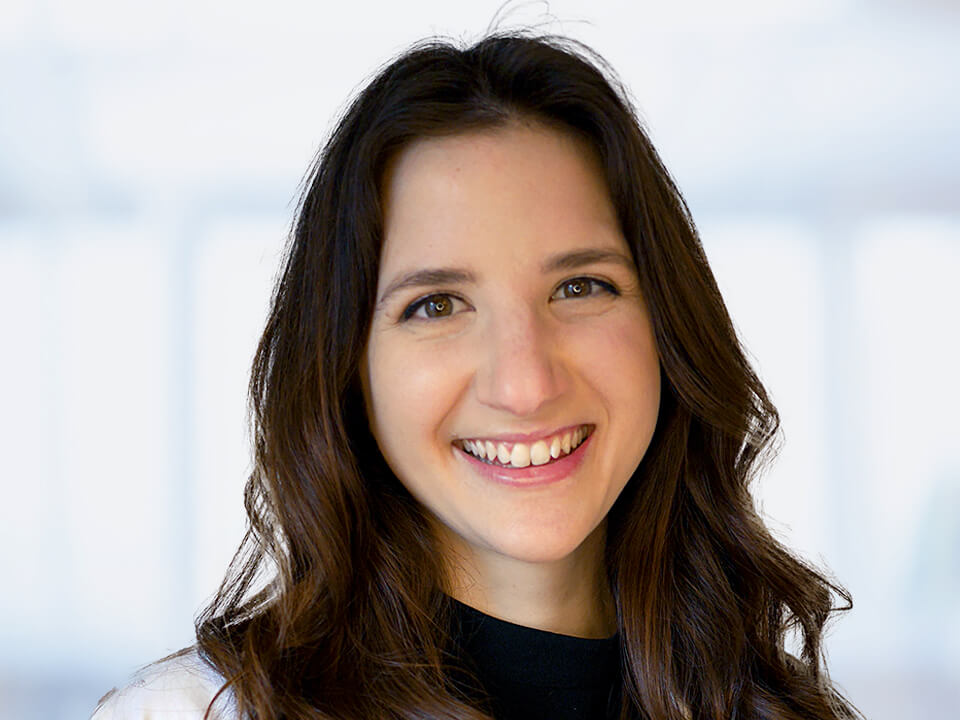

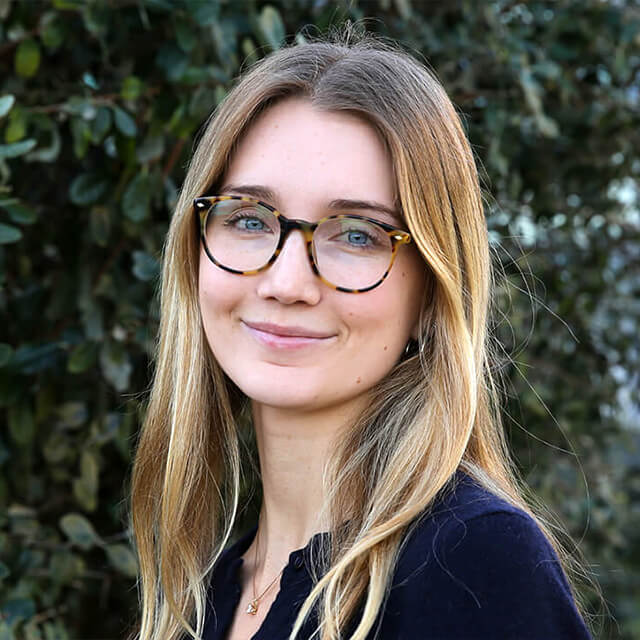
The START study (Sensor Technology Assessment of Reproductive Targets) intends to use new technology to solve old problems in reproductive medicine. We will leverage continuous physiological data collected from a wearable device (the Oura ring) to open a new window onto the menstrual cycle and to develop algorithms that predict ovulation and pregnancy onset, and to better understand a variety of reproductive disorders. This interdisciplinary, multi-center, private-public partnership is poised to generate impactful discoveries in reproductive medicine and enable new tools for women's reproductive autonomy.
Arm 2 of the study is currently eligible to women who are healthy, between 18-42 years old, not taking any hormonal medications (i.e. birth control pills), and who have irregular cycles or PCOS.
If you are interested in the study, please contact startoura@ucsf.edu .

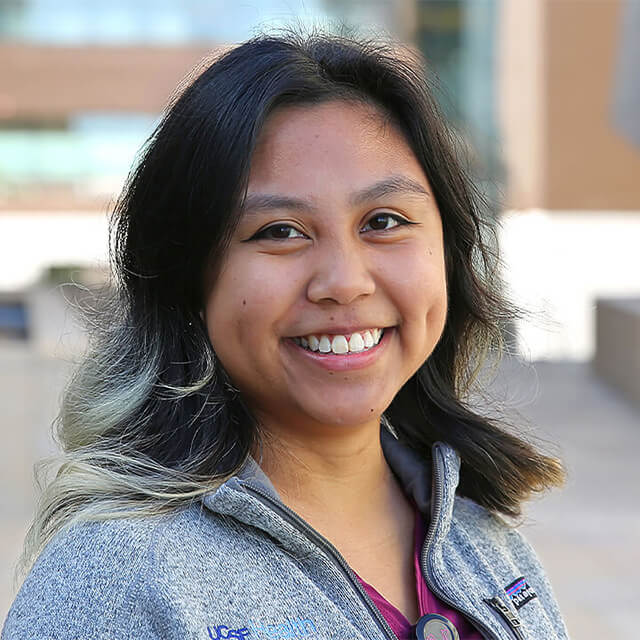
This study aims to prospectively assess the impact of distant effects from breast radiation on ovarian reserve. We will determine ovarian reserve through blood measurements of Anti-Müllerian Hormone (AMH), a relatively new and reliable serum biomarker of ovarian reserve that has already been incorporated into the standard practice of reproductive endocrinology and infertility.
You may be eligible if you are: female (or assigned female at birth), aged 18-45, and diagnosed with in-situ breast cancer or stage 1 breast cancer

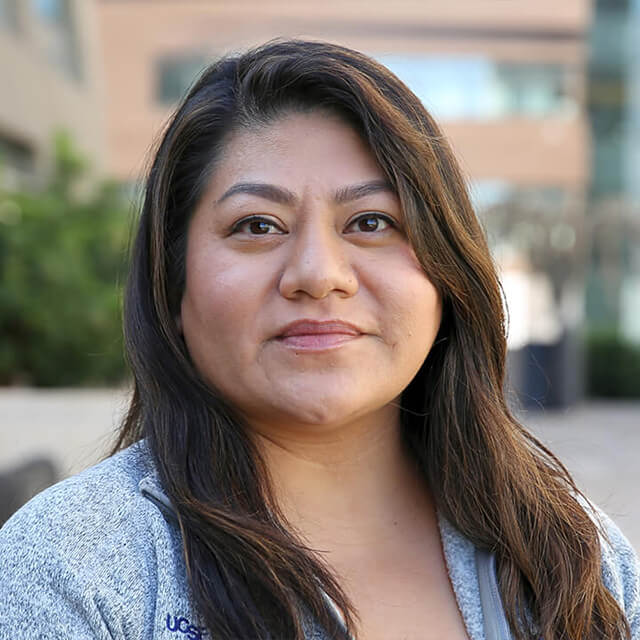

Through electronic surveys, this study aims to prospectively understand the wide range of individual and systematic variables that impact a woman's ability and interest in pursuing fertility preservation prior to cancer treatment. We will also monitor ovarian reserve through blood measurements and ultrasounds pre and post treatment to better understand the specific impact of the large number of cancer treatments patients undergo.
You may be eligible if you are: female (or assigned female at birth), aged 18-45, newly diagnosed with cancer



Multi-center, parallel group, randomized controlled trial of modified natural versus programmed cycles for frozen embryo transfer and their association with preeclampsia and live births
The NatPro study team is currently seeking patients to participate in a fertility research study designed to compare two protocols commonly used for frozen embryo transfer. The two protocols are called modified natural cycle and programmed cycle. The study will examine whether or not there is a difference in the occurrence of high blood pressure during pregnancy.
ELIGIBILITY
Participants will be compensated for their time and effort up to $1415 if they complete all visits and participate in the research study. Patients who participate in the study will be responsible for routine diagnostic, medications, cryopreservation costs, and subsequent frozen transfer (FET) cycles charges.
To learn more about the NatPro study, please let your doctor or nurse know you’d like more information or if you have any questions about the study.
Visits natprostudy.org or email our research team: Rebecca.wong@ucsf.edu
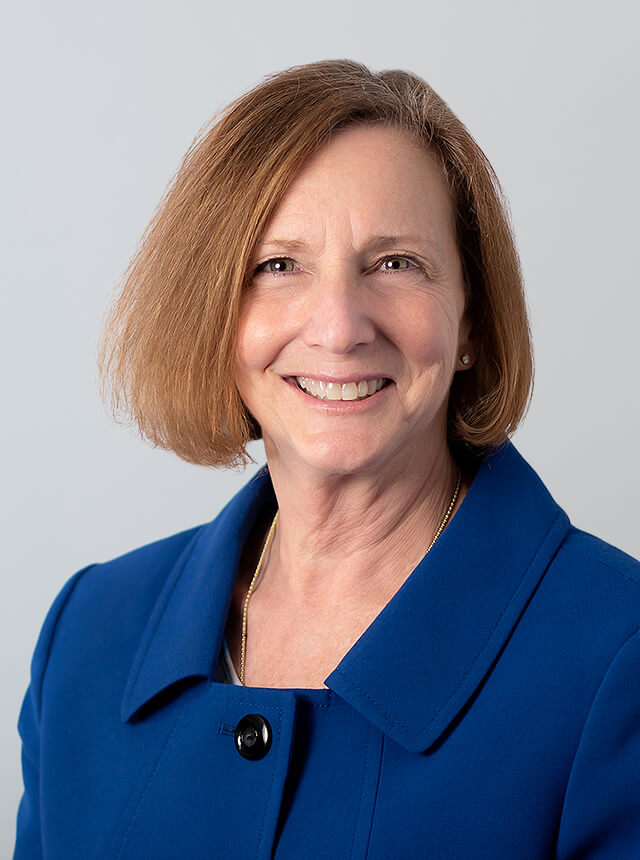
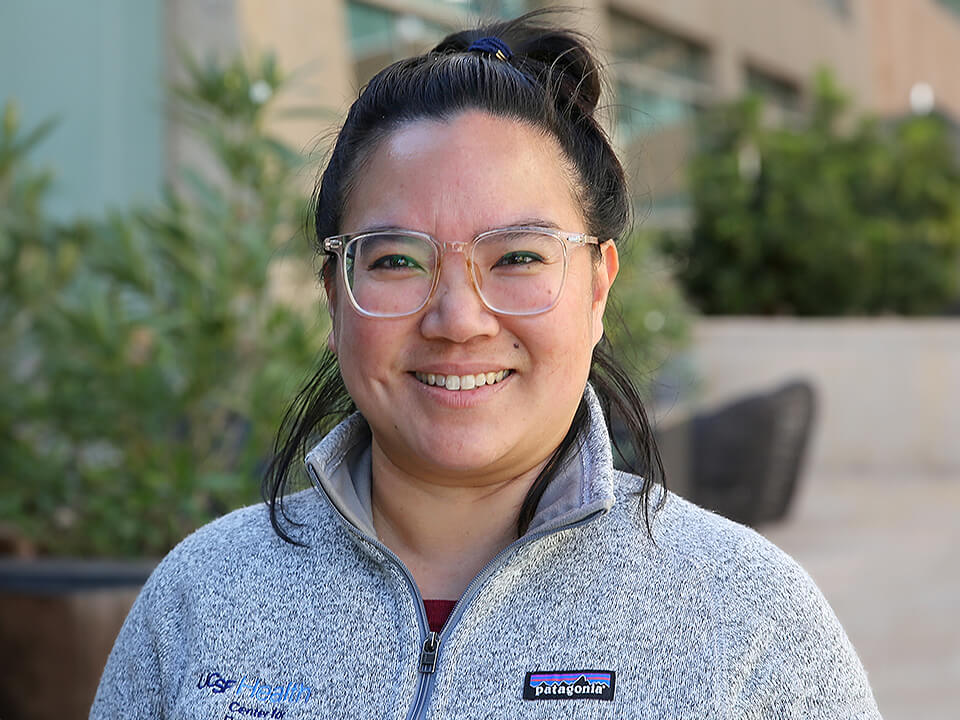
Letrozole plus gonadotropin, and Tamoxifen plus gonadotropin, are two methods currently used worldwide in ovarian stimulation cycles for fertility preservation in patients with estrogen-receptor-positive breast cancer. Improved knowledge about the efficacy of these medications, with regard to oocyte yield, has the potential to significantly improve quality of life in reproductive-age breast cancer survivors.



Academic standards. Pioneering research. Personalized care. Start your journey at the UCSF Center for Reproductive Health, located in Northern California's San Francisco Bay Area.